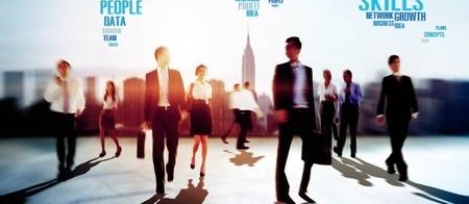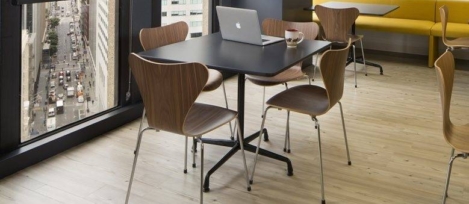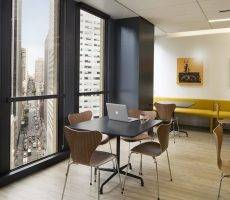September 26, 2016
HSBC moves 300 staff into coworking space in Hong Kong 0
 The idea that coworking is primarily for the self-employed, tech startups and other small firms who can’t afford permanent offices in the world’s expensive cities has been challenged with the news HSBC has moved 300 staff into a coworking space in Hong Kong, according to a report in the South China Morning Post. The bank has rented the workstations in WeWork’s space in Causeway Bay, one of the world’s most expensive districts for offices and shops. The bank has taken out a large scale corporate membership with WeWork for the 300 members of its digital and transformation team. According to the report, a spokesman from CBRE claimed that the move is less about saving money than it is with providing short term flexibility in a time of economic uncertainty. However you view that, the bank is saving as much as HK$2.45 million a month with the move (£240,000 or $320,000). The annual cost savings are estimated at HK$23,640 per person.
The idea that coworking is primarily for the self-employed, tech startups and other small firms who can’t afford permanent offices in the world’s expensive cities has been challenged with the news HSBC has moved 300 staff into a coworking space in Hong Kong, according to a report in the South China Morning Post. The bank has rented the workstations in WeWork’s space in Causeway Bay, one of the world’s most expensive districts for offices and shops. The bank has taken out a large scale corporate membership with WeWork for the 300 members of its digital and transformation team. According to the report, a spokesman from CBRE claimed that the move is less about saving money than it is with providing short term flexibility in a time of economic uncertainty. However you view that, the bank is saving as much as HK$2.45 million a month with the move (£240,000 or $320,000). The annual cost savings are estimated at HK$23,640 per person.






































